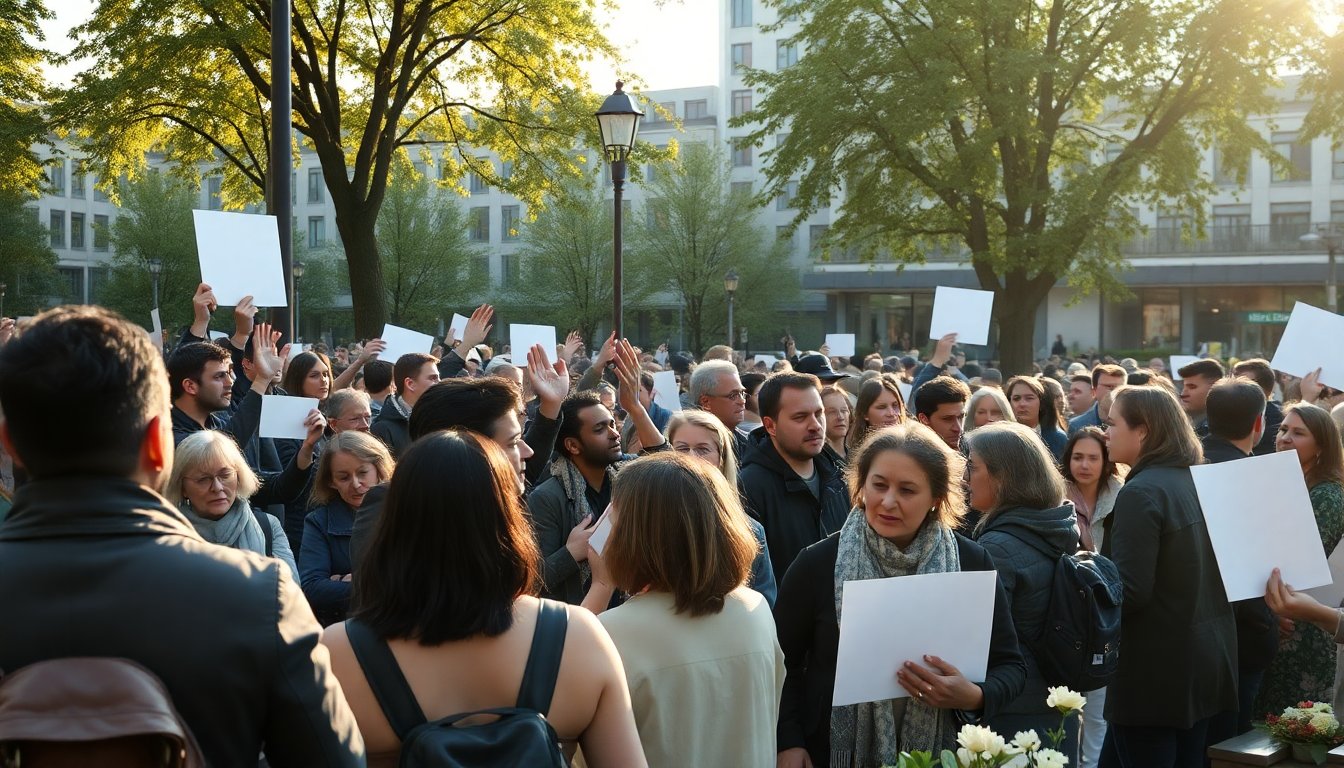Table of Contents
In today’s rapidly changing social landscape, reactions to extreme events shed light on public discourse and societal frameworks. Recent incidents reveal not only individual responses to tragedy but also their intersection with the legal system and societal expectations. As diverse groups voice their opinions, it becomes evident that these reactions reflect personal beliefs and comment on broader societal issues.
Controversial Reactions to Violence and Public Figures
The recent murder of a public figure has sparked intense discussions across social media, with many users articulating extreme views. Some have suggested that the victim provoked such violence, raising ethical concerns about the narratives formed in response to tragedy. Critics argue that such perspectives can dehumanize victims and divert attention from crucial issues, including the need for a more civilized discourse surrounding violence and its root causes.
In the aftermath of this incident, voices from various sectors advocate for a more measured approach to public speech and expression. While condemning the glorification of violence, there is a consensus that freedom of expression is essential. Striking a balance between accountability and freedom is vital in a society marked by division and conflict.
The Judiciary’s Role Amidst Rising Defiance
Alongside discussions surrounding societal reactions, a troubling trend has emerged within the judiciary. Reports indicate a growing defiance among lower-court judges against established precedents and higher court directives, raising questions about the integrity of the judicial system. The Supreme Court’s interventions highlight the necessity of adhering to constitutional principles, yet resistance persists, potentially leading to confusion and inconsistency in legal interpretations.
The implications of this defiance are significant, suggesting a judiciary struggling to maintain its role in a rapidly evolving social landscape. There is an urgent need for clarity from higher courts to ensure that lower courts adhere to established law. As the legal system faces mounting pressures from societal changes, it must strive to uphold its foundational principles while adapting to contemporary challenges.
Addressing Mental Health in the Wake of Violence
Another pressing issue arising from recent events is the need for improved mental health support systems. The troubling histories of individuals involved in violent incidents often reveal a lack of timely intervention. In a recent case, missed opportunities for mental health support highlight the necessity of proactive measures to address behavioral warning signs.
Advocates for mental health reform stress that early detection and intervention are crucial in preventing future tragedies. As discussions around public safety and mental health progress, it is imperative for communities to support comprehensive systems that can identify and assist those in need before crises arise. The convergence of societal awareness and mental health resources is pivotal in mitigating violence risks and fostering healthier community dynamics.
Conclusion: The Interplay of Society and Law
The relationship between societal reactions and the judicial system is complex and multifaceted. As we navigate these turbulent times, fostering dialogue that promotes understanding and civility is essential. While societal tensions are apparent, they also offer opportunities for growth and reflection. By addressing mental health issues and ensuring effective judicial functioning, we can work toward a more cohesive and just society. Through these efforts, we may begin to heal and restore faith in our community and legal frameworks.


